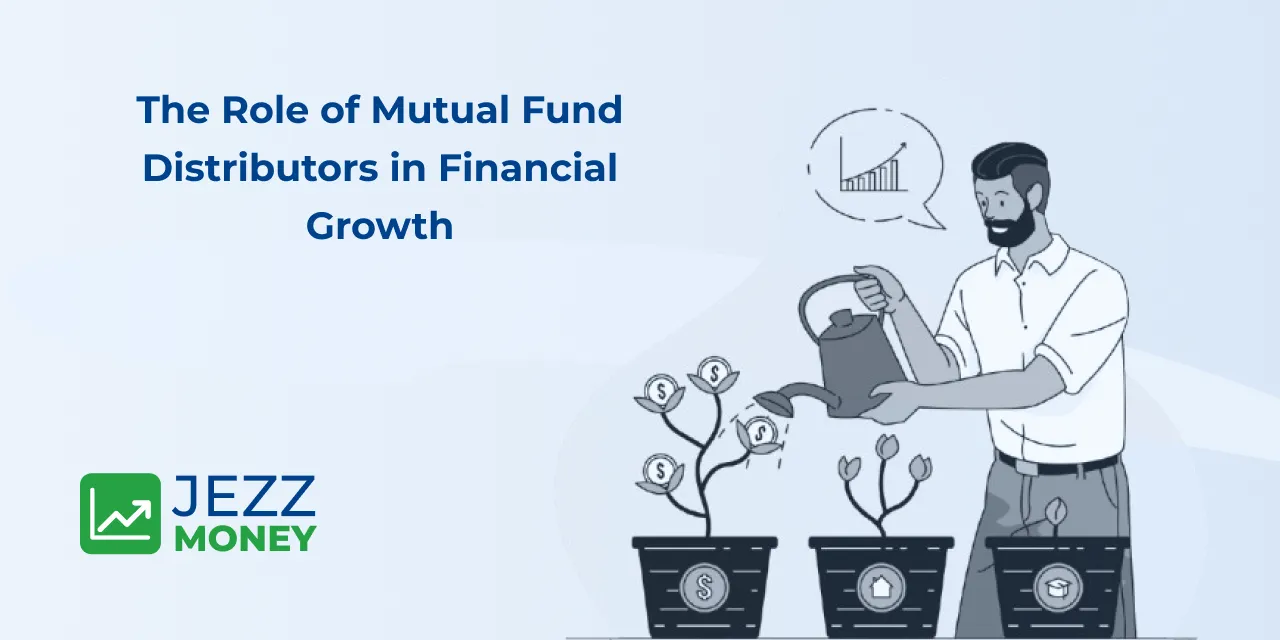A mutual fund distributor (MFD) can be a person or organization associated with mutual fund companies. They are a middleman in investor and mutual fund company transactions. MFDs guide investors in purchasing, selling, and managing mutual fund investments. They are knowledgeable people who help investors navigate the mutual fund maze. They must read and understand every fund to invest in the right one. Without their help, investors find it challenging to set goals and sense risks.
Mutual fund distributors are controlled by the Securities and Exchange Board of India (SEBI) and regulated by the Association of Mutual Funds in India (AMFI). To become a distributor, you must be certified as an NISM VA after passing the certification examination. This certification provides them with the primary knowledge about mutual funds, investment strategies, and the demands of the regulatory body.
